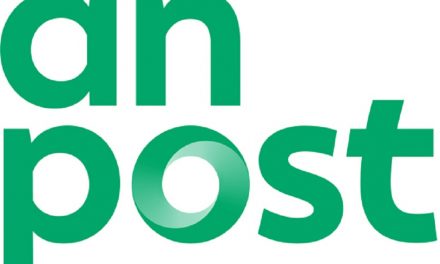
New targets add to strain between An Post and Irish Postal Regulator
An Post claims new targets for next-day postal deliveries set by the telecoms regulator, Ms Etain Doyle, are unnecessary and unattainable. The development is the latest sign of strain in the relationship between the State company and Ms Doyle’s office, which has regulated its business since September last year.
In addition, Ms Doyle has sought more information from An Post to justify its application for a 30 per cent rise in international postal tariffs.
The company has already taken issue with a (pounds) 550,000 (EUR699,000) fee levied by Ms Doyle’s office for its regulation this year, arguing it is excessive and “totally inappropriate”.
On delivery standards, Ms Doyle said in a paper last September that An Post’s customers wanted a “much improved” standard of next-day delivery.
She added that the company did not meet its own target of 90 per cent for all mails at present.
The regulator set an interim target for 2002 of 92 per cent nationally for all mail and 94 per cent for all local mail, which was defined as within a county or the greater Dublin area.
An Post was required to provide a plan by April 2nd, 2002, to include detailed costed proposals to achieve a target of 97 per cent for first-class letters from January 1st, 2003. However, the spokesman disputed that improvements in delivery standards were needed.
He said: “We’ve made it clear that our experience is that customers are satisfied with 90 per cent next-day delivery and 98 per cent delivery within two days.”
Moving to 92 per cent next-day deliveries was “going to cause us some problems”, he said. A move to a 94 per cent next-day standard was “not necessary” and a 97 per cent standard was “not attainable”.
On the application by the State-owned company for an increase in international tariffs, Ms Doyle is believed to have requested information on domestic postal rates.
An Post has not yet sought an increase in domestic tariffs, although chief executive Mr John Hynes has said it planned to apply for a rise – but only when the application for an increase in international rates was determined.
An Post has said postal rates have not increased since 1991 and it is known to be incurring heavy losses on its international mail business.
The problem is seen as significant within the company because it carries a relatively high proportion of international mail.
The application for an increase was delivered in April and senior figures in the organisation had expected a decision by now. The spokesman said the company was not happy with the delay.
An Post is understood to have claimed its tariffs were the third-lowest in Europe and has said its costs are rising due to national pay agreements.
Ms Doyle’s spokeswoman said: “An Post has been asked to supply additional information in support of its application for a price increase in international mail. No formal application has been delivered in respect of domestic price increases.”
The company’s revenues from international mail are largely determined abroad. Rates charged by post offices to deliver each others’ mail – known as “terminal dues” – are set according to prices in the offices’ domestic market.
Thus An Post pays “high” rates to the postal service in Germany for the delivery of Irish mail but can charge only “low” Irish rates to deliver German mail in the Republic.











